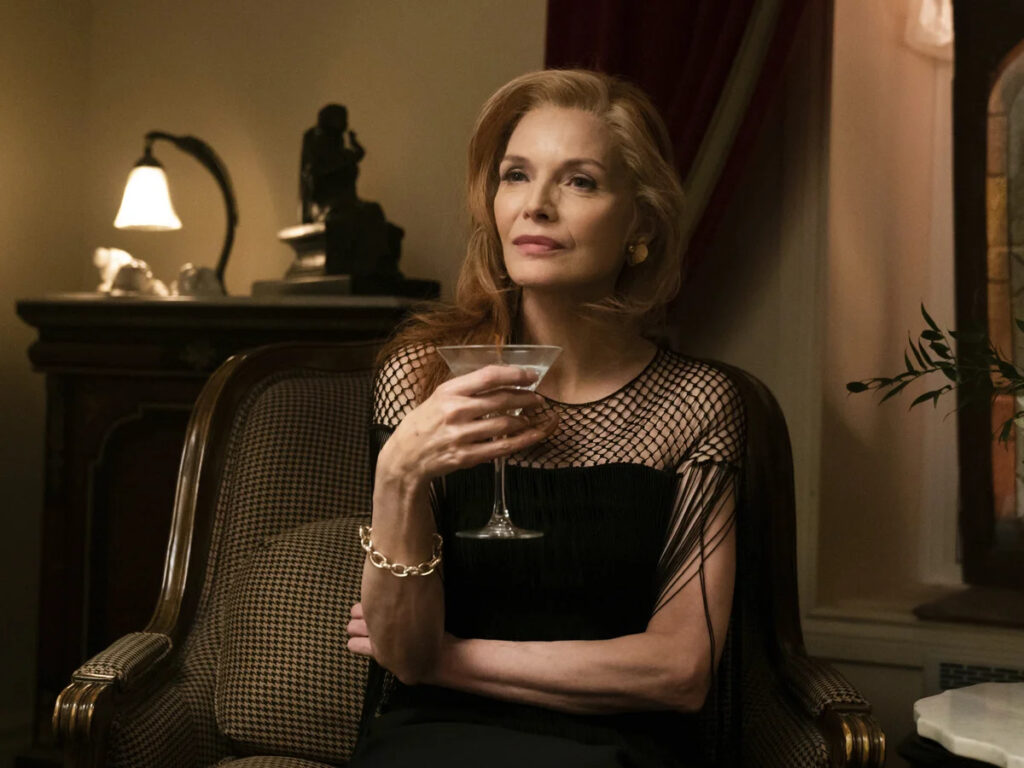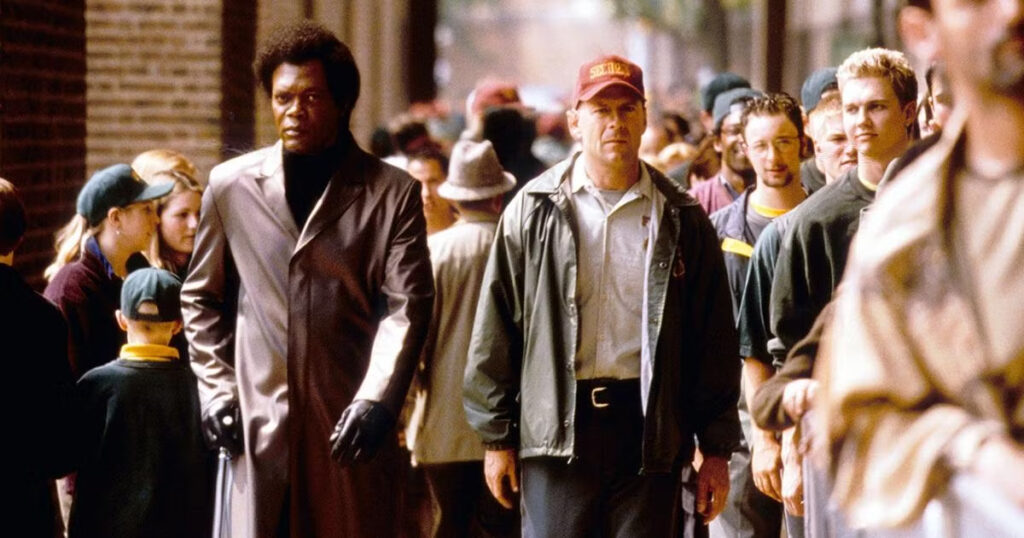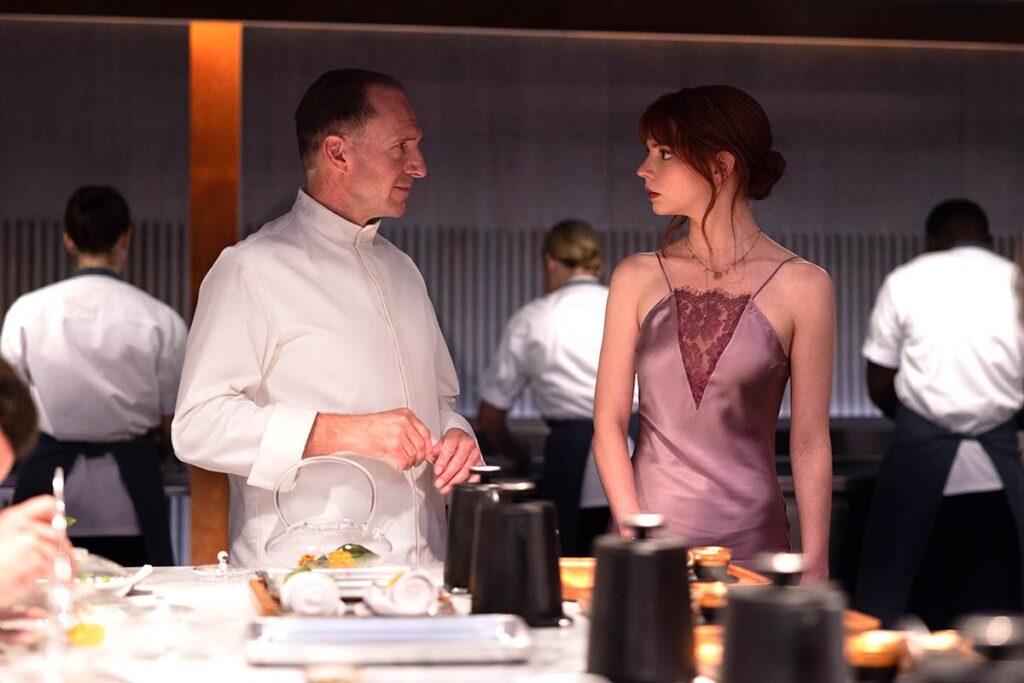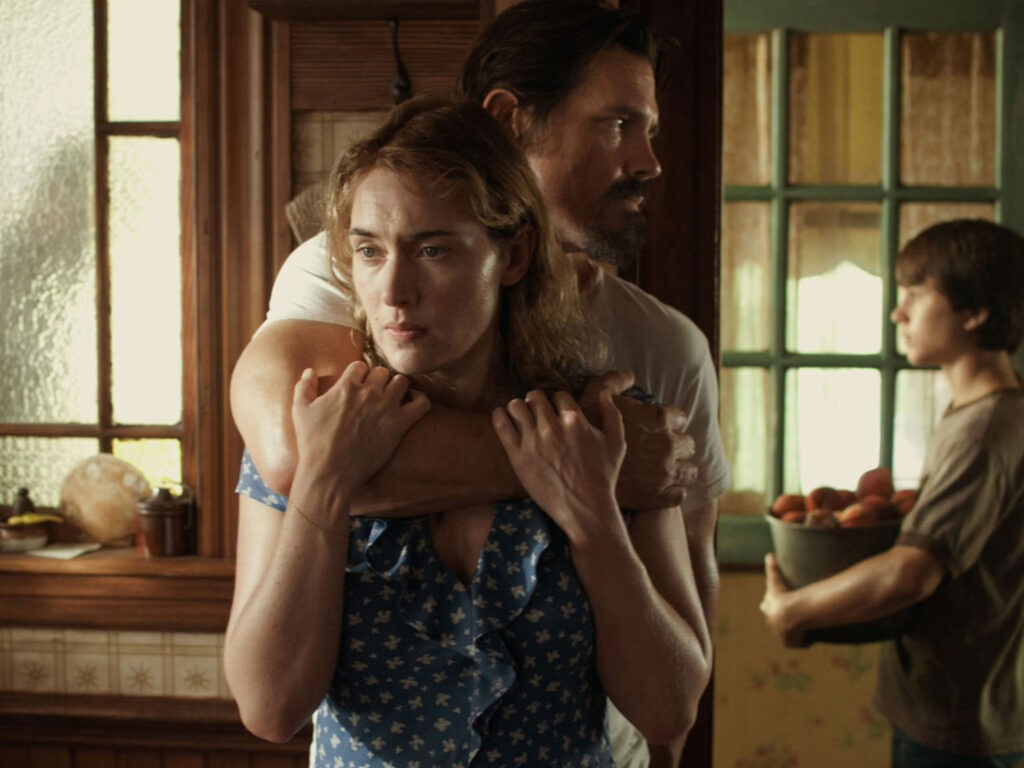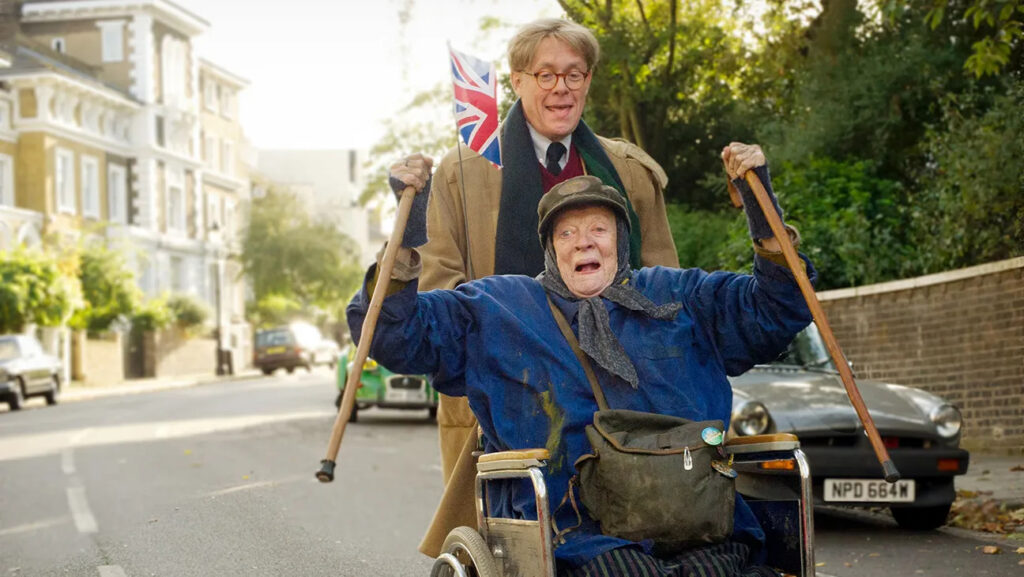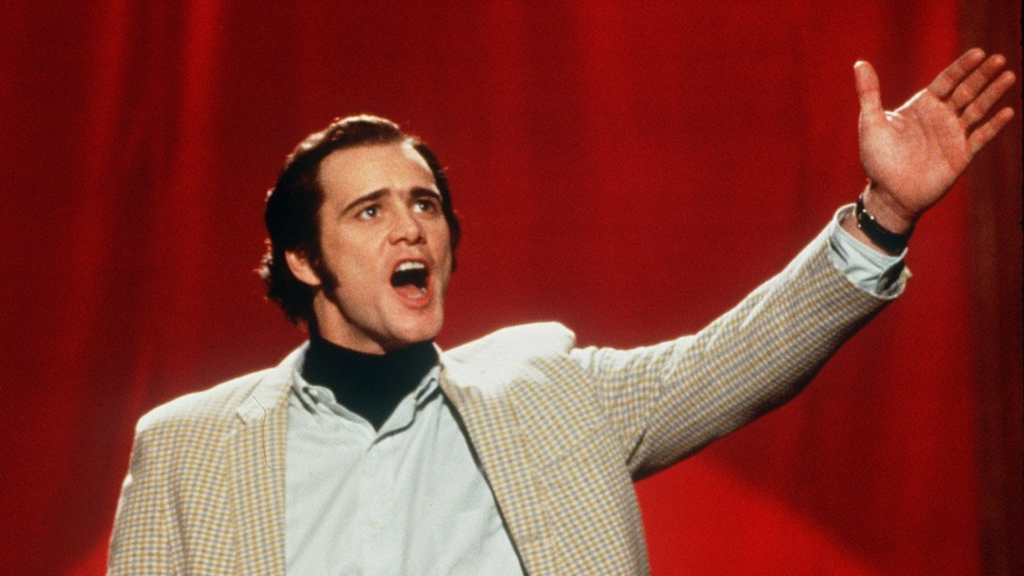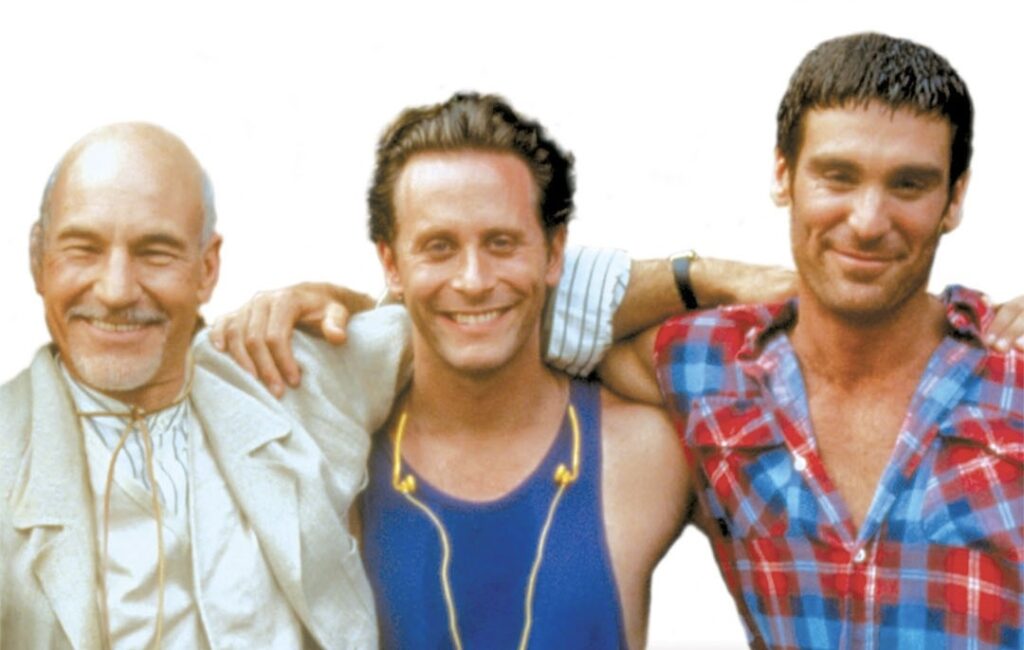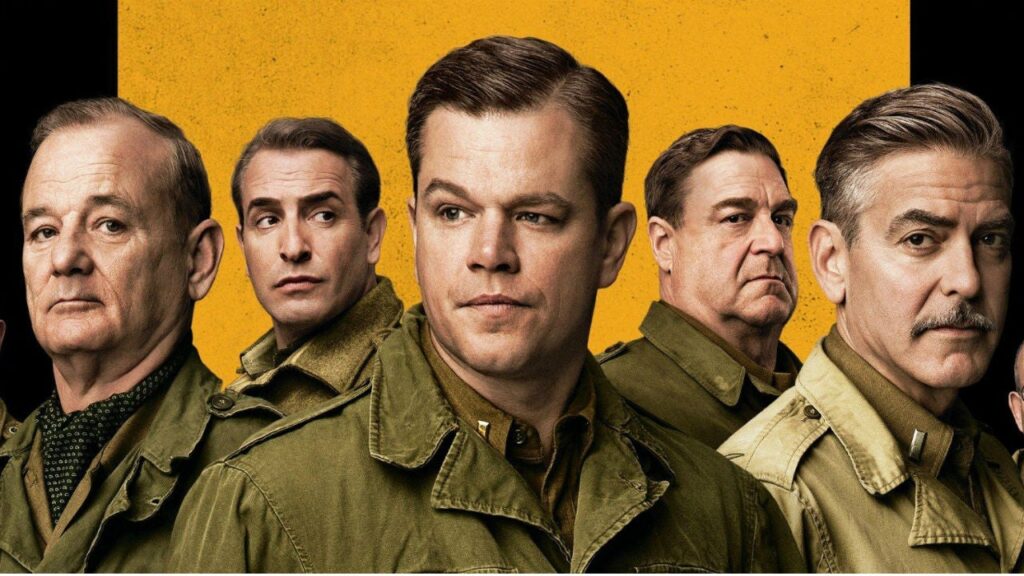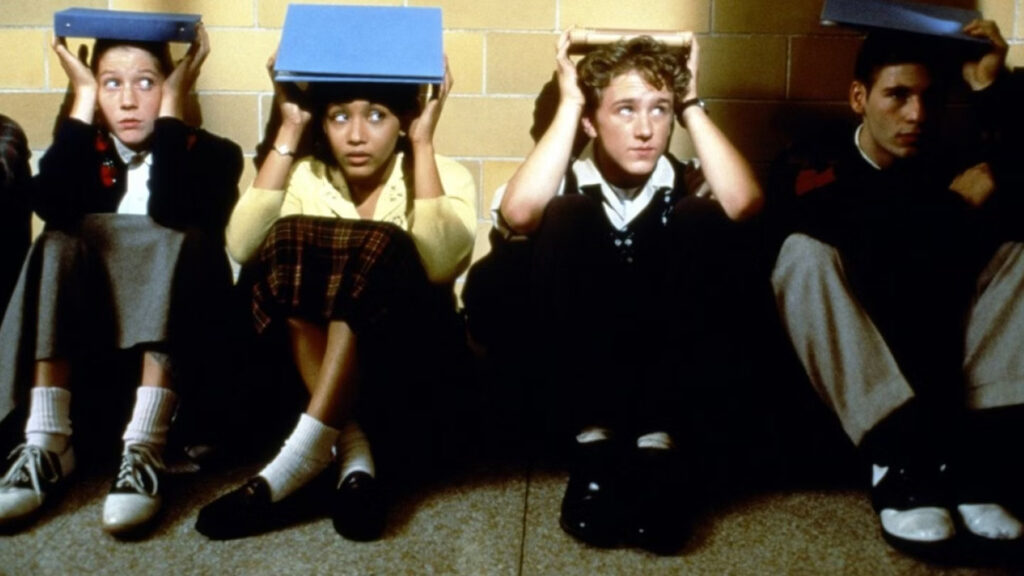
After Diner earned an Oscar nomination for its screenplay and the hearts of dads everywhere, writer/director Barry Levinson’s star quickly rose in Hollywood, culminating in Rain Man sweeping the Oscars. In the 1990s, Levinson had his share of hits and misses, but ended the decade with the final entry of his Baltimore films, Liberty Heights. The film tackles antisemitism and racism in the midcentury from a boomer lens with a young cast led by Ben Foster and Adrien Brody, but even strong reviews failed to draw an audience or the attention of awards voters.
This episode, we talk about Levinson’s filmography and the film atmosphere that led to this film being quickly forgotten. We also talk about Foster’s recent output overlooked by Oscar, Joe Mantegna’s career before being lost to the CBS soup, and Brody being mostly cut out of The Thin Red Line.
Topics also include Forget Paris, Bebe Neuwirth cast as a mom shortly after the Chicago revival, and retro movie chain pre-shows.
Follow Us on Twitter!
@Had_Oscar_Buzz
Joe: @joereid
Chris: @chrisvfeil
Podcast: Play in new window | Download
Subscribe: Google Podcasts | RSS

